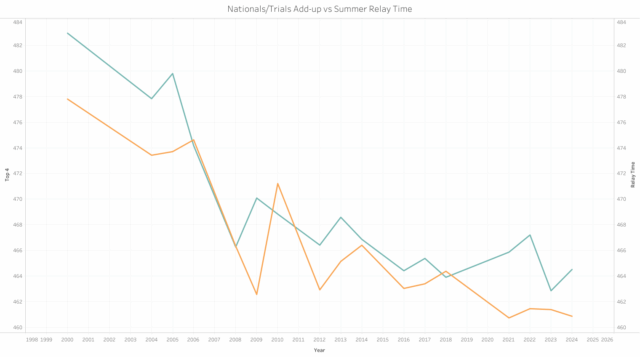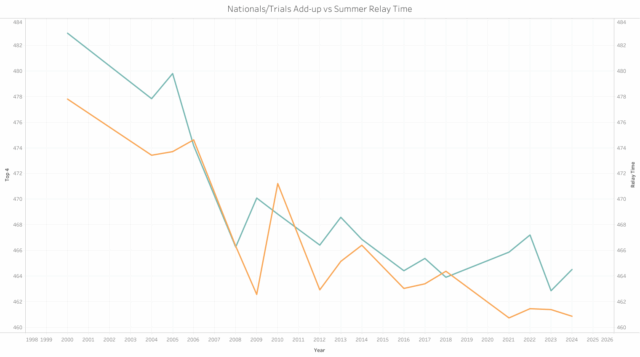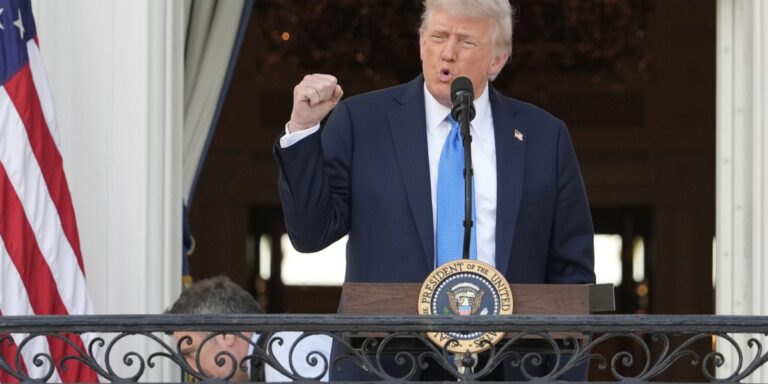Elon Musk hit out at President Donald Trump’s signature tax and spending bill again on Wednesday, calling on Americans to tell their representatives in Washington to “kill the bill”.
The budget, which includes huge tax breaks and more defence spending, was passed by the House of Representatives last month and is now being considered by senators.
The tech billionaire posted on X earlier this week that the bill would add to the US budget deficit and saddle Americans with “crushing” debt.
On Tuesday, he described it as a “disgusting abomination”, in a widening rift between the two.
The bill has the backing of President Donald Trump and would be the legislative linchpin of his second-term agenda if it passes Congress.
“Shame on those who voted for it,” said Musk on Tuesday, hinting that he may try to unseat the politicians responsible at next year’s midterm elections.
Musk left the administration abruptly last week after 129 days working to cut costs with his team, known as Doge. The comments mark his first public disagreement with Trump since leaving government, after having previously called the plan “disappointing”.
Soon after Musk’s tweet on Wednesday, the White House sent out a “myth buster” statement, calling any assertion that the bill would lead to higher deficits a “hoax”.
“By every honest metric, President Donald J. Trump’s One Big Beautiful Bill dramatically improves the fiscal trajectory of the United States and unleashes an era of unprecedented economic growth,” the statement reads.
It made no mention of Musk or his tweets. The BBC has contacted the White House for comment.
The South African-born tech billionaire’s time in the Trump administration came to an end on 31 May, although Trump said that “he will, always, be with us, helping all the way”.
In its current form, the bill – which Trump refers to as the “big beautiful bill” – has been estimated to increase the budget deficit – the difference between what the government spends and the revenue it receives – by about $600bn (£444bn) in the next fiscal year.
In a series of posts on X on Tuesday, Musk said that the “outrageous, pork-filled” spending bill will “massively increase the already gigantic budget deficit to $2.5 trillion (!!!) and burden America [sic] citizens with crushingly unsustainable debt”.
In American politics “pork” refers to spending on projects in lawmakers’ constituencies.
Musk has previously vowed to fund campaign challenges against any Republican that votes against Trump’s agenda. But on Tuesday he fired a warning to those who backed the bill.
“In November next year, we fire all politicians who betrayed the American people,” he wrote.
Asked about Musk’s comments soon after the first post, White House press secretary Karoline Leavitt said “the President already knows where Elon Musk stood on this bill”.
“This is one, big, beautiful bill,” she added. “And he’s sticking to it.”
The legislation also pledges to extend soon-to-expire tax cuts passed during the first Trump administration in 2017, as well as an influx of funds for defence spending and to fund the administration’s mass deportations of undocumented immigrants.
To the dismay of fiscal conservatives, it would lift the limit on the amount of money the government can borrow, known as the debt ceiling, to $4tn.
The comments from Musk reflect wider tensions among Republicans over the plan, which faced stiff opposition from different wings of the party as it worked its way through the House.
The Senate has now taken it up, and divisions are already emerging in that chamber, which is also narrowly controlled by Republicans.
Kentucky Senator Rand Paul has said over the last few days he will not support the bill if it raises the debt ceiling.
“The GOP [the Republican Party] will own the debt once they vote for this,” he told CBS News, the BBC’s US partner, over the weekend.
Trump responded to Paul with a series of social media posts, accusing him of having “very little understanding of the bill” and saying that the “people of Kentucky can’t stand him”.
“His ideas are actually crazy,” Trump wrote.
Republican lawmakers pushed back on Musk’s comments, with Senate majority leader John Thune saying the party plans to “proceed full speed ahead” despite “a difference of opinion”.
Thune and other senators met Trump for a “positive discussion” on Wednesday, he told reporters at the White House.
He downplayed Musk’s posts, saying it would do little to scupper the work of lawmakers.
“We are moving forward,” he said, also adding that “the wheels are in motion,” and that “failure is not an option”.
Mike Johnson – the Republican Speaker who has ushered the legislation through the House – told reporters on Capitol Hill that “my friend Elon is terribly wrong”.
“It’s a very important first start. Elon is missing it,” Johnson said.
Johnson said he had a 20-minute phone call with the tycoon about the bill on Monday, adding that its phasing out of electric vehicle tax credits could “have an effect” on Tesla, Musk’s firm.
“I lament that,” Johnson said, expressing surprise that Musk criticised the bill despite their call. “I just deeply regret he’s made this mistake.”
Among the issues that upset Musk involved air traffic control at the Federal Aviation Administration (FAA), according to Axios.
Musk was hoping it would be run on his Starlink satellite system, but he was denied because of issues relating to the technology and the appearance of a conflict of interest, the political outlet reported.
Some Democrats welcomed Musk’s comments despite their previous criticism of him and the work of Doge.
“Even Elon Musk, who’s been part of the whole process, and is one of Trump’s buddies, said the bill is bad,” Senate Minority Leader Chuck Schumer said. “We can imagine how bad this bill is.”
Trump and Republicans in Congress have set a deadline of 4 July to get the measure passed and signed into law.
Musk supported Trump in last year’s November election with donations of more than $250m.
To make peace with spending hawks, Trump is also asking Congress to pass a plan that would reduce current spending by $9.4bn, a figure derived from Doge’s work.
It would mainly slash funding for foreign aid, the United States Agency for International Development (USAID) and for broadcasters NPR and PBS.













